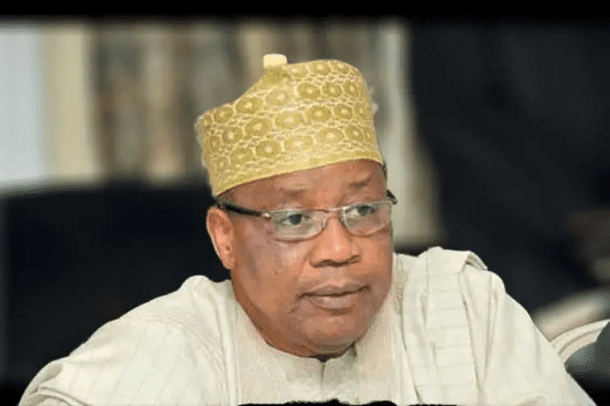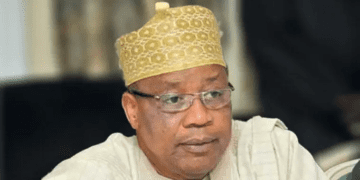Former military Head of State, Ibrahim Babangida, has expressed regret over the annulment of the June 12, 1993, presidential election, admitting that the late Moshood Kashimawo Olawale (MKO) Abiola of the Social Democratic Party (SDP) won the poll.


In the concluding chapter of his autobiography, A Journey In Service, launched in Abuja on Thursday, Babangida described the annulment as an “accident of history.” His remorse, however, has sparked mixed reactions from pro-democracy groups, political figures, and civil society organizations.
Acknowledging Abiola’s Victory
Babangida conceded that upon closer examination of the election results, Abiola had fulfilled the constitutional requirements, securing 8,128,720 votes against Bashir Tofa’s 5,848,247.
“Upon deeper reflection and a closer examination of all the available facts, particularly the detailed election results…there was no doubt that MKO Abiola won the June 12 election,” Babangida wrote.
Despite this admission, the former military ruler claimed that Abiola faced formidable opposition that would have ultimately led to his elimination if he had assumed office.
“Unfortunately, the forces gathered against him after the June 12 elections were so formidable that I was convinced that if he became President, he would be quickly eliminated by the same very forces who pretended to be his friends,” he stated.
Justifying the Annulment
Speaking at the launch of his book and a fundraiser for the IBB Presidential Library, Babangida acknowledged that his government devised a near-perfect electoral system but was unable to complete the process. He described this as a regrettable “accident of history.”
“That accident of history is most regrettable. The nation is entitled to expect my impression of regret,” he said.
Babangida emphasized that, as a military leader, he took full responsibility for all decisions made under his administration. He added that despite the setbacks, Nigeria’s democracy had survived and continued to evolve.
Afenifere, Others Reject IBB’s Remorse
The pan-Yoruba socio-political organization, Afenifere, dismissed Babangida’s admission as belated and insufficient to address the devastating consequences of the annulment.
“His belated acknowledgement merely reaffirms what Nigerians have known for over three decades—that Chief Moshood Kashimawo Olawale Abiola was the rightful winner of that historic election,” Afenifere stated.
The group insisted that Babangida’s actions led to state-sponsored oppression, political assassinations, and the persecution of pro-democracy activists. It demanded that Abiola be accorded full recognition as Nigeria’s legitimately elected President and that his family be honored appropriately.
Former Secretary to the Government of the Federation, Chief Olu Falae, and National Democratic Coalition (NADECO) chieftain, Ayo Opadokun, also dismissed IBB’s statement, insisting that Nigerians had long known that Abiola won the election.
“The fact that he admitted Abiola won does not bring any new revelation. We had the documents immediately after the election; we knew that Abiola won,” Opadokun said.
Mixed Reactions from Political Leaders
While some political figures criticized Babangida’s statement, others commended his courage in admitting his mistakes. The Coalition of Northern Groups (CNG) lauded him for taking responsibility, calling him an “exemplary leader” who has reaffirmed his commitment to Nigeria’s unity and progress.
Former Ogun State Governor, Segun Osoba, remarked that Abiola would be “laughing his head off in heaven” over Babangida’s confession. He expressed hope that time would heal the wounds caused by the annulment.
Calls for Justice
Afenifere and other pro-democracy groups reiterated their demand for historical justice, insisting that Babangida’s remorse must be followed by tangible actions.
“We reiterate our unequivocal demand that MKO Abiola’s name must be inscribed in the annals of Nigeria’s history as the rightful President-elect. Anything short of this remains a continued affront to justice and historical truth,” Afenifere stated.
As reactions continue to pour in, Babangida’s admission has reignited discussions about Nigeria’s democratic journey, the sacrifices made for freedom, and the lessons to be learned from the past.







